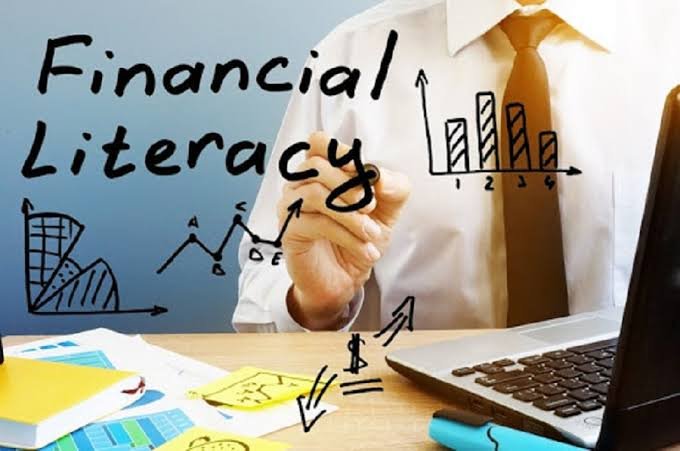The need for financial education
Financial education is crucial for individuals to understand how to manage their money and plan for their future. It provides individuals with the skills and knowledge they need to budget, save, invest and make informed financial decisions. This can lead to greater financial stability and security, as well as the ability to achieve financial goals such as buying a home or saving for retirement.
Financial education can help individuals avoid common financial mistakes and pitfalls such as high-interest debt and financial scams. Overall, financial education is an essential component for achieving long-term financial success and well-being.
Financial education is not just about learning the basics of budgeting and saving, it is also about learning how to make smart financial decisions that will help you reach your long-term financial goals. This includes understanding the importance of saving and investing for retirement, learning about different types of investments and how to diversify a portfolio, and understanding how to use credit responsibly. It also includes learning how to navigate the financial system and make sense of financial products and services, such as mortgages, insurance, and taxes.
Moreover, financial education is crucial for individuals who are facing financial challenges such as high levels of debt, unemployment, and unexpected expenses. With the right financial education, individuals can learn how to create a budget and debt repayment plan, access government and community resources for financial assistance, and negotiate with creditors.
In addition, financial education is not just for adults, it is also important for children and young adults to learn about money management, budgeting, and the importance of saving from an early age. This can help them develop good money habits and financial literacy skills that will serve them well throughout their lives.
Overall, financial education is a vital tool that can help individuals achieve financial stability, security, and independence. By learning about money management and smart financial decision-making, individuals can take control of their financial well-being and plan for a financially secure future.
Financial education is also crucial for small business owners and entrepreneurs, as it can help them understand how to manage their finances effectively and make informed business decisions. This includes learning how to create financial statements and budget, understanding cash flow management, and knowing how to access funding and loans. It also includes understanding how to manage taxes, payroll, and other financial obligations that come with running a business.
Moreover, financial education can also be beneficial for people from different backgrounds, as it can help them to overcome barriers to financial inclusion. For example, financial education can be particularly important for low-income individuals, who may not have access to traditional banking and financial services, or for immigrants who may not be familiar with the financial system in their new country.
Additionally, many organizations, government agencies, and non-profit groups offer financial education programs and resources, such as financial literacy classes, online tutorials, and one-on-one counseling. These resources can help individuals and families to gain the knowledge and skills they need to make sound financial decisions, and to access financial services and products that can help them to achieve their financial goals.
In conclusion, financial education is a critical tool for achieving financial stability and security, and for making informed financial decisions. It is important for individuals, families, and small business owners to take advantage of the financial education resources available to them in order to gain the knowledge and skills they need to navigate the financial system and achieve their financial goals
Posted Using LeoFinance Beta
